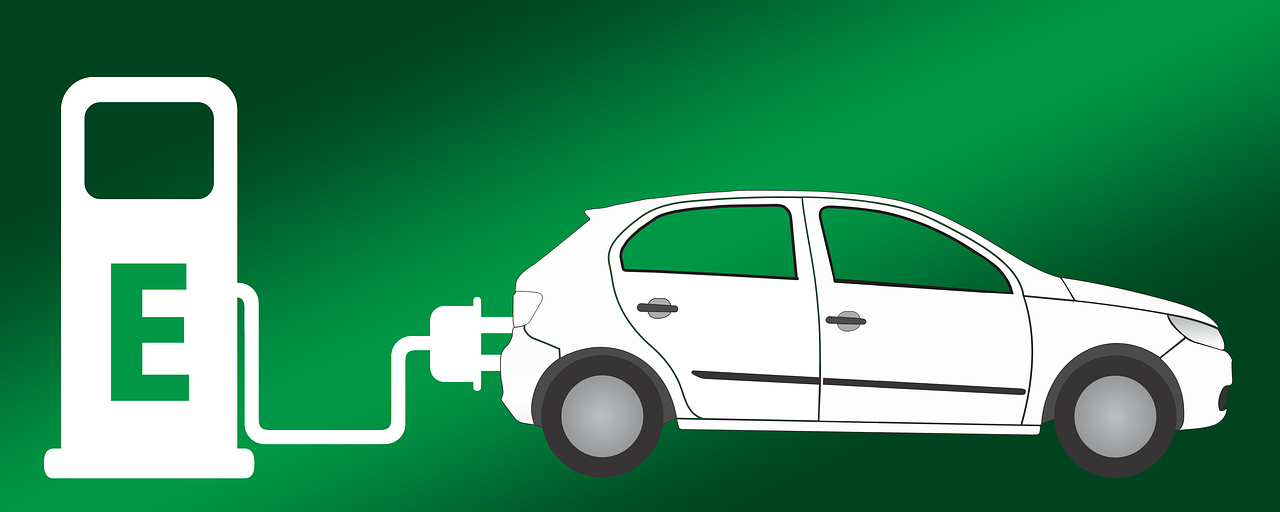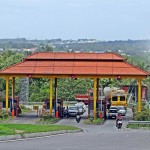Charger Anxiety
Until a few years ago, all mobile phone manufacturers had different charger pins, giving users "charger anxiety” when they stepped out of home without a charger. This worry of not getting a compatible charger has long been solved by migrating all manufacturers to a unified C-type charger. Nevertheless, this anxiety has now migrated to electric vehicle (EV) users.
Unlike petrol pumps, EV chargers on the road are far fewer. Further, they are fragmented across providers, and often hard to locate or pay for. This remains one of the biggest barriers to electric vehicle adoption in India. The government is addressing this with a two-pronged push:
- A unified digital charging platform for locating charging points, booking, and paying for use.
- A massive rollout of public EV chargers under PM E-DRIVE.
Unified EV Charging Platform
The Ministry of Heavy Industries has tasked Bharat Heavy Electricals Ltd (BHEL) as nodal agency to create an integrated platform — often described as a national EV super-app. This single-window system is expected to eliminate confusion and reduce downtime for EV users. Key features planned in the app include:
- Real-time charger availability across the country
- Online slot booking and seamless payment
- Interoperability across multiple charger brands
- Government dashboards to track subsidies and deployment
PM E-DRIVE
Alongside the platform, the PM E-DRIVE scheme aims to upscale India’s EV charging infrastructure. This expansion aims to create a network of EV charging stations similar to that of conventional fuel stations.
- Target deployment: ~72,300 public charging points nationwide
- Priority areas: Highways, cities, and government premises
- Support mechanisms: Subsidies and viability gap funding for operators
Automakers and Charger Manufacturers
Meanwhile, corporate India is also investing heavily in charging networks:
- Tata Motors has pledged to expand its public charging footprint, including fast-charge “mega” stations.
- Maruti and other OEMs are exploring battery-swapping and branded charger networks.
- Exicom and other suppliers are scaling up domestic charger production in hubs like Tamil Nadu.
This combination of public and private initiatives is creating an EV charging ecosystem at unprecedented speed.
The Grid Challenge: DISCOMs and Load Management
With fast-charging hubs come the consumption of megawatts of power, for which current electricty grids are not considered ready. This is another factor in holding back the adoption of EVs, and several policy concerns have been raised by policy think tanks as well as electricity distribution companies (DISCOMs):
- Local distribution networks could face peak stress, leading to the return of the load shedding phenomenon, which has been happily forgotten by most Indians since the country acheived electricty sufficiency
- DISCOMs must plan in advance for load balancing and smart charging
- Energy storage systems are necessary to avoid outages
- Time-of-use tariffs could incentivise off-peak charging, such as at night, when most electricty users are inactive
Implementation Speedbumps and the Road Ahead
Unfortunately, some state tenders for charging stations have struggled to attract bidders, largely due to a chicken-and-egg problem. Potential station-owners need a viable number of EVs on the road, while those planning to buy EVs need a convincing number of stations. This makes a centralised, unified digital platform critical to simultaneously drive both EV adoption and the set up of charging points.
If the PM E-DRIVE rollout, private sector investment, and DISCOM preparedness are aligned, India could:
- Remove the barrier of charger anxiety
- Accelerate EV adoption
- Build a domestic charger industry
- Reduce dependence on fossil fuels
This will in turn require state-centre cooperation, incentives for businesses and vehicle buyers, and setting clear standards for charger and EV makers.
Keywords: India EV charging, charger anxiety India, PM E-DRIVE, unified EV platform, public EV chargers India, EV charging infrastructure, BHEL EV super app, Tata Motors charger plan, DISCOM EV challenges, EV charger manufacturing India







